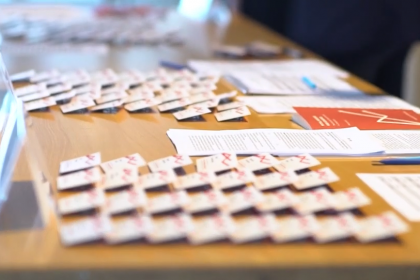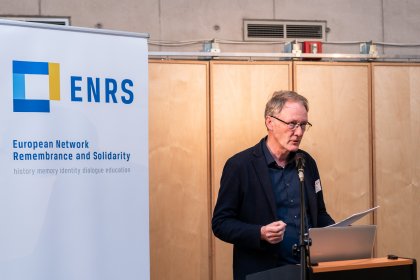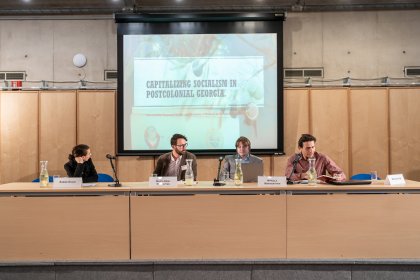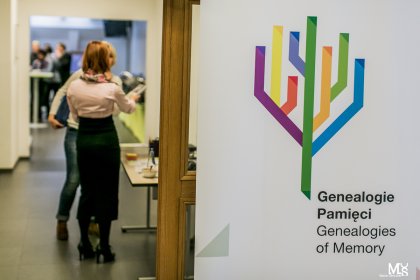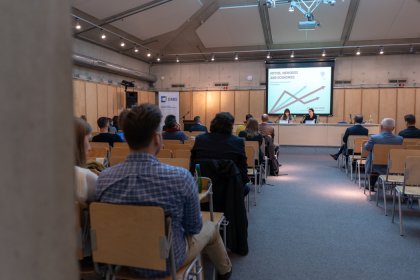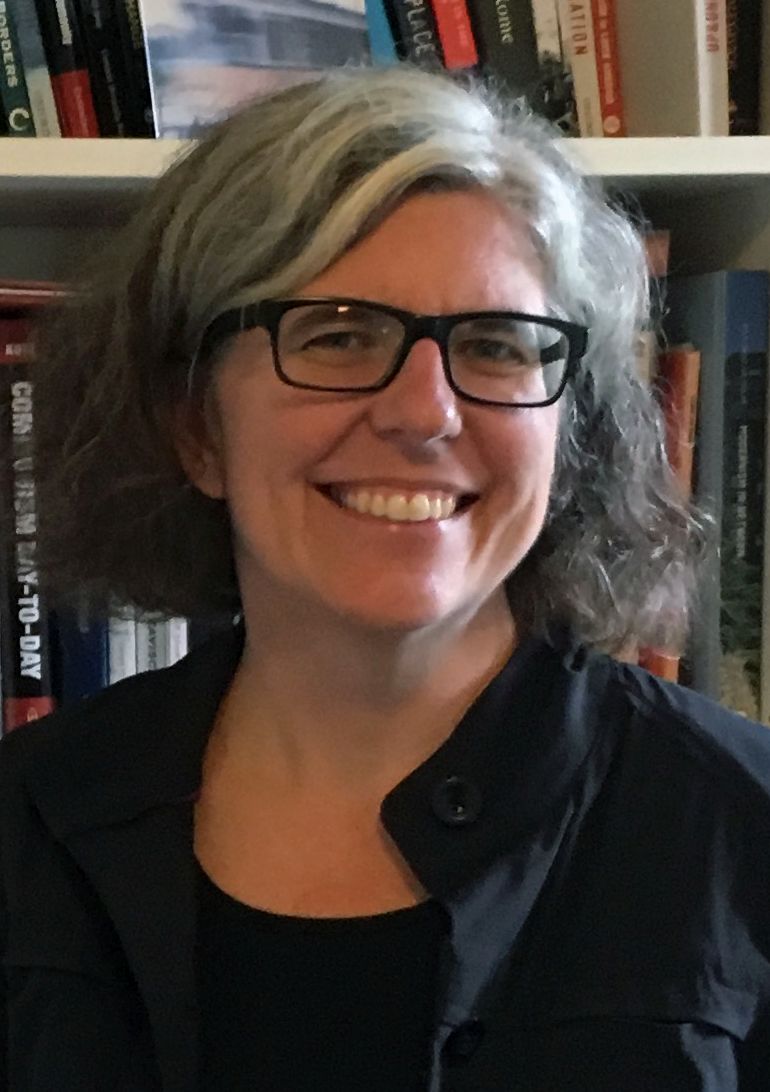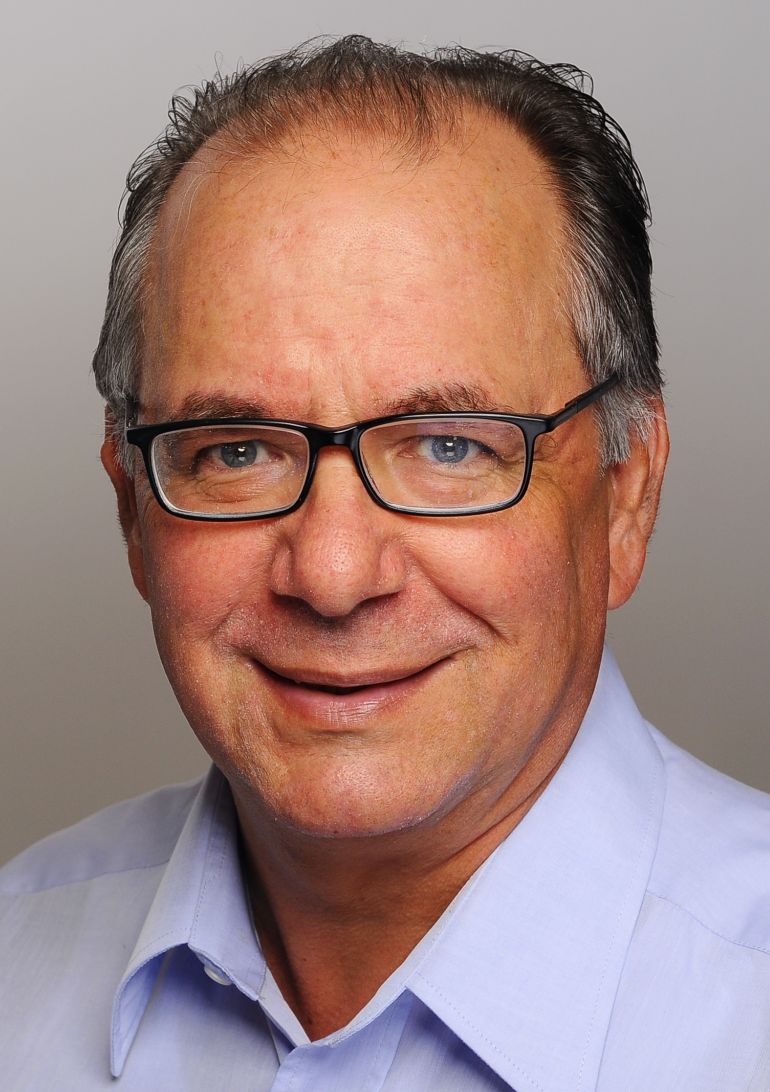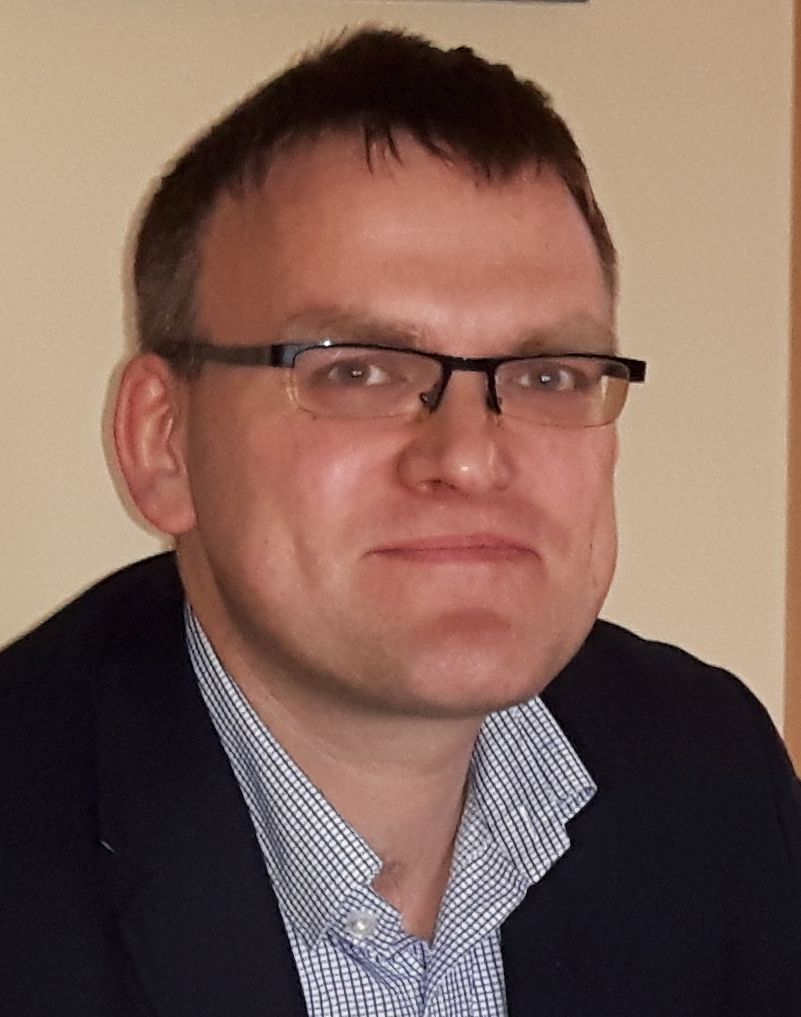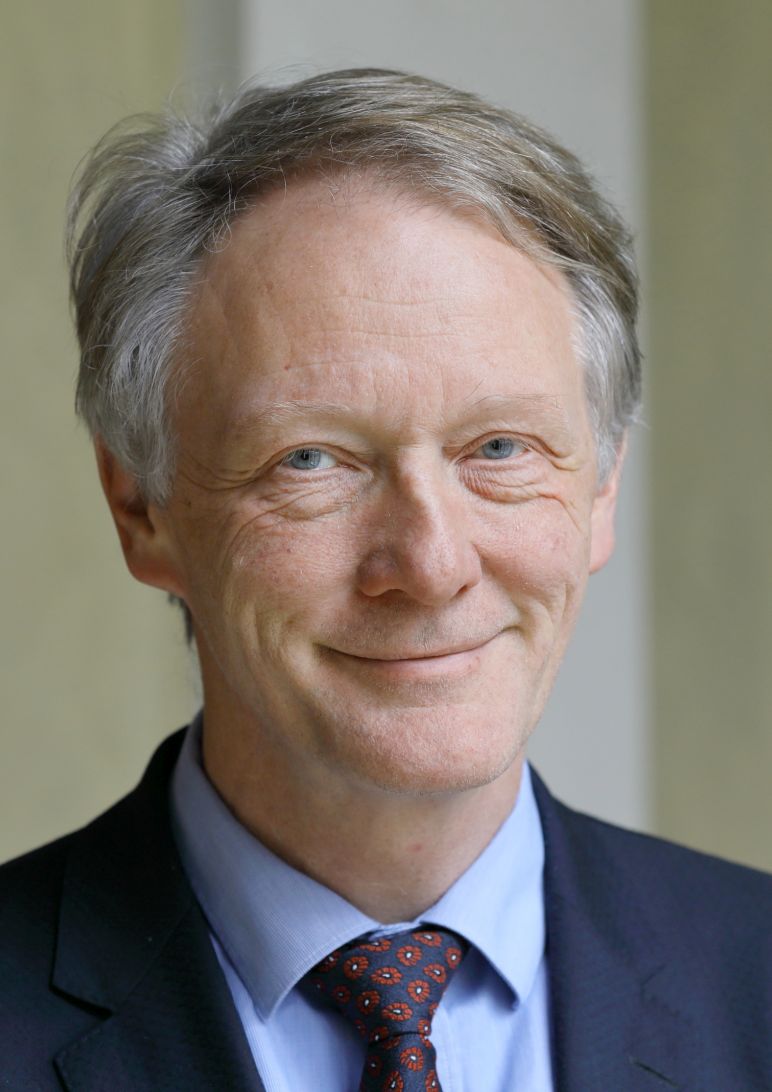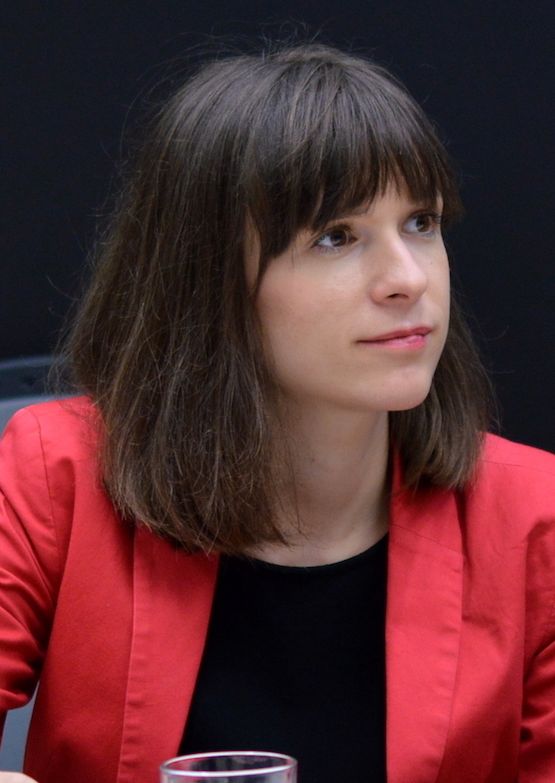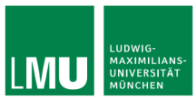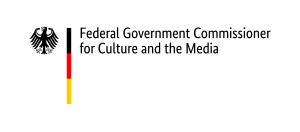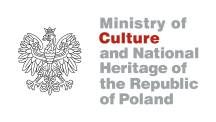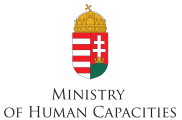The 9th conference within the Genealogies of Memory series will take place on 28-30 October 2019.
The year 2019 marks the 30th anniversary of political changes in former state socialist countries of Eastern Europe in 1989. With 30 years separating the eventful year of 1989 and the present, we find ourselves at a point with sufficient distance to retrospectively reflect upon the above described changes. At the same time, 1989 and subsequent years remain part of the living communicative memory of present societies.
The 9th Genealogies of Memory conference "Myths, Memories and Economies: Post-Socialist Transformations in Comparison" will aim to explore the still ongoing and dynamic process of memory sedimentation of the economic transformations, as well as their contradictory valences ranging from unlimited opportunities to traumatic failure. As a period actively experienced by most of today's adult generation, the post-1989 economic, political, and social changes are only now undergoing a process of historicisation. The conference seeks to explore the role that memory plays in this process, particularly at a time when this period has already produced its own popular mythology. The 1990s have become a subject of popular culture and even an object of nostalgia for their "wild" and free spirit. A central question to be addressed is the ways in which such popular narratives interact and compare with various social groups' memories and scholarly efforts to understand the processes of economic change.
Attendance is free, but prior registration is required (the registration has been closed).
In case of any questions, you can contact the event's coordinator at: genealogies@enrs.eu

